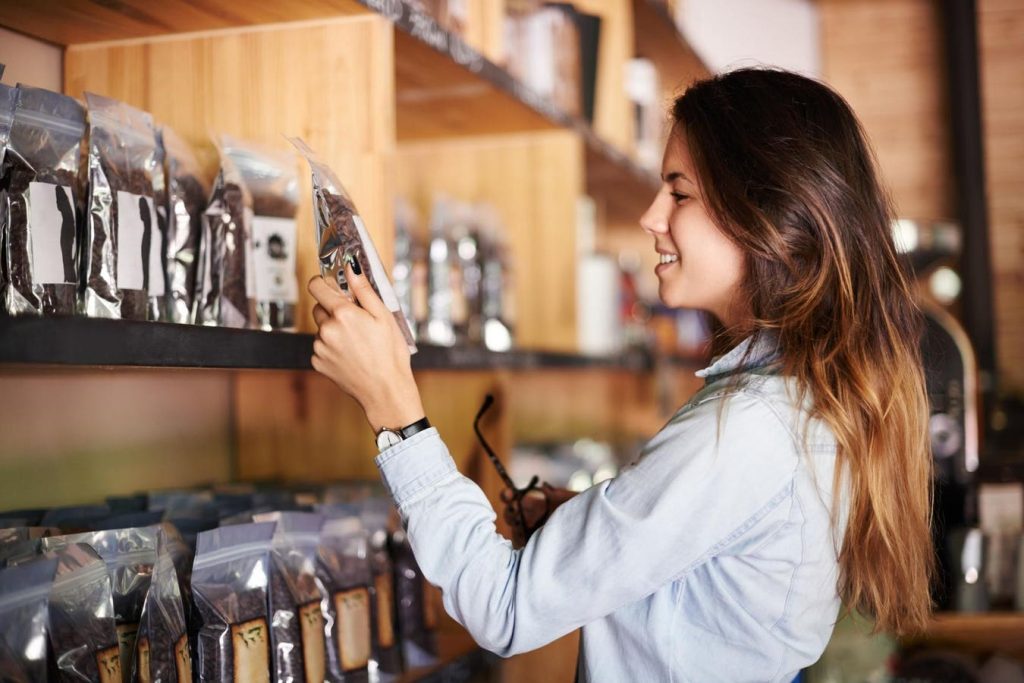Ricardo Lopez, CEO of Bellwether Coffee, emphasizes the challenges facing retailers in the US economy, with more than 52 million Americans relying on this sector for their livelihood. The retail industry contributes $3.9 trillion to the annual GDP, but faces growing competition, rising costs of goods, escalating real estate prices, and labor shortages, all of which strain business owners in controlling costs and increasing revenue.
To future-proof their businesses, retailers can establish new revenue streams by diversifying their product lines, offering subscription services, opening wholesale accounts, or exploring new distribution models. By expanding their market and filling gaps with innovative products, retailers can adapt to market fluctuations more effectively without constantly changing consumer prices.
Owning more of the supply chain and profit margins can help insulate businesses from supply chain disruptions, as shown during the Covid-19 pandemic. For example, coffee retailers can increase profit margins and mitigate risks by bringing roasting in-house instead of relying on wholesalers facing challenges such as labor shortages and price increases.
Retailers can also market outside their physical locations to create brand stickiness and expand their reach. Coffee retailers, for instance, can sell their products to other cafes, restaurants, and grocery stores to increase sales and amplify brand visibility. Showing values through products and extending the brand beyond four walls can enhance brand loyalty and market presence.
Sustainability is another key aspect for retailers to consider, as consumers increasingly value environmentally-friendly and socially responsible products. Setting sustainability goals, such as paying fair wages, using eco-friendly packaging, and reducing carbon footprint, can attract consumers willing to pay premiums for sustainable products. For coffee retailers, switching to electric roasting equipment can significantly reduce carbon emissions and enhance sustainability efforts.
While retailers face numerous challenges in the evolving retail space, adopting strategies such as diversifying revenue streams, owning more of the supply chain, marketing beyond physical locations, and embracing sustainability can set businesses up for success. By remaining nimble, innovative, and adaptable to changing market conditions, retailers can not only survive but thrive in the competitive retail landscape. The recommendations provided by Ricardo Lopez and the Forbes Business Council aim to help retailers navigate challenges and position themselves for long-term success in the retail industry.


